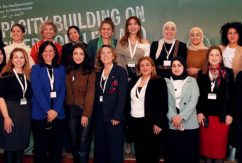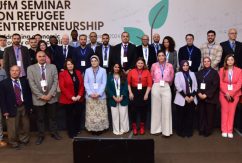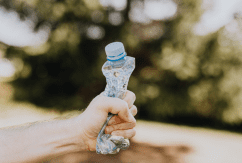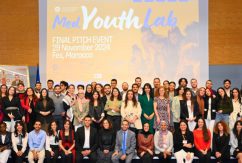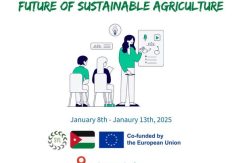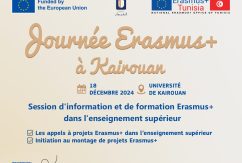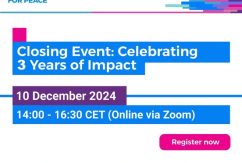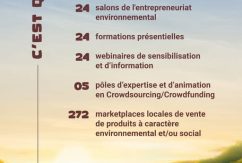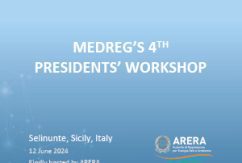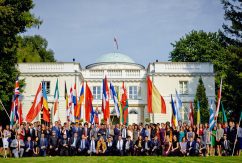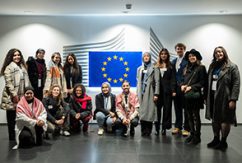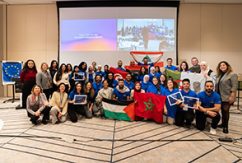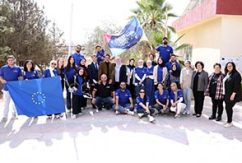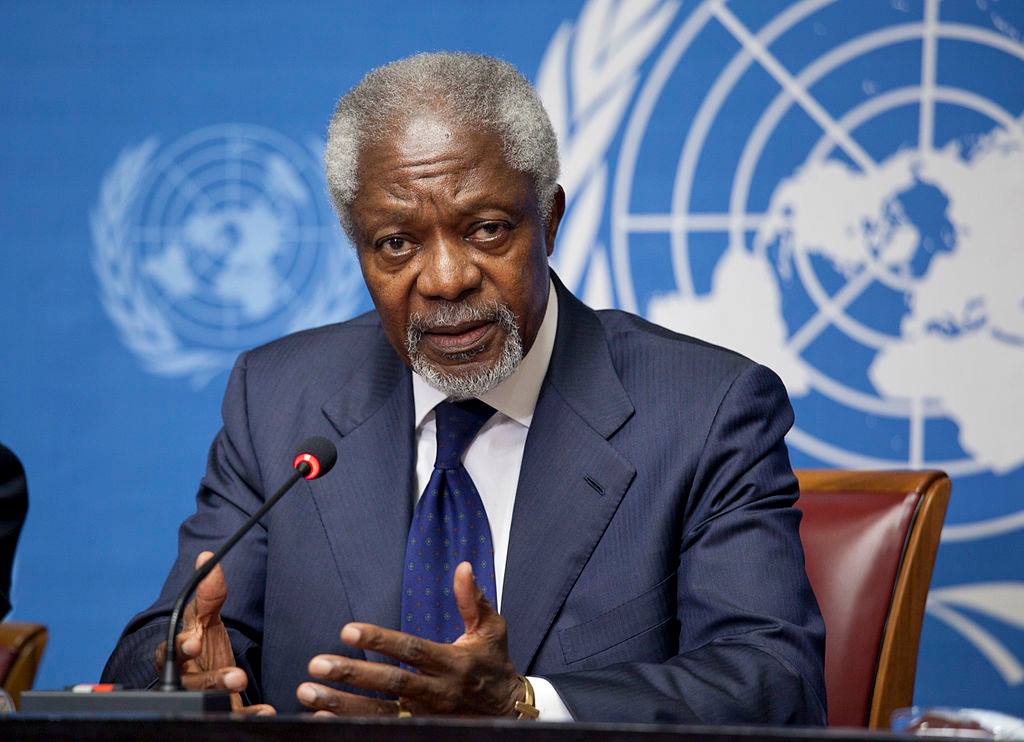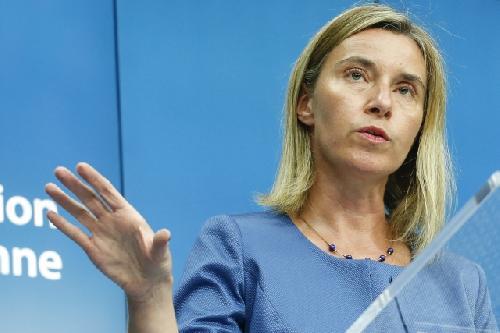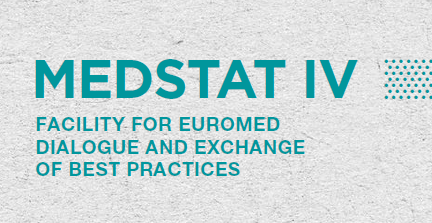UfM project to combat plastic waste in Mediterranean marine protected areas
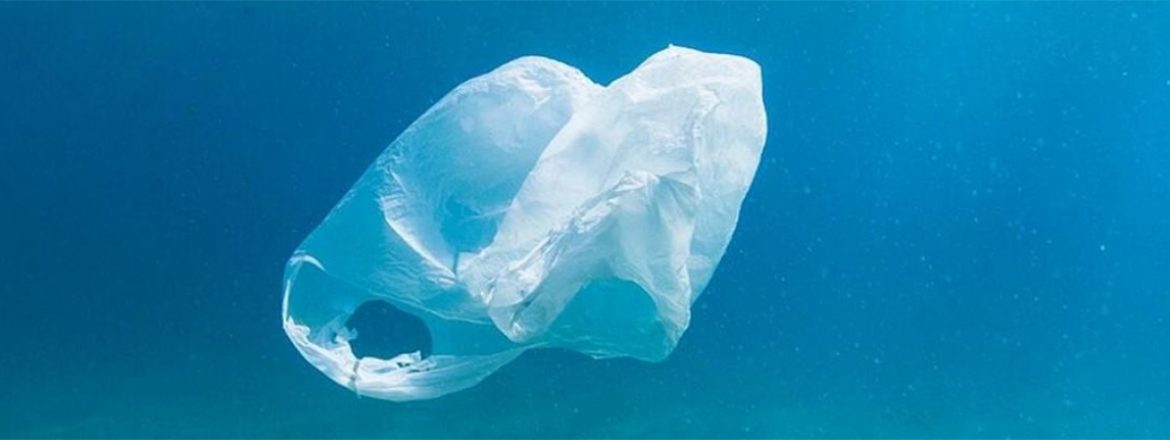
The Mediterranean Sea is one of the areas most affected by marine litter in the world. The impact of this pollution on marine biota within marine protected areas, including on endangered species, remains poorly addressed. However, it is clear that prevention and mitigation measures are urgently needed.
The project “Plastic Busters MPAs”, funded by the EU Interreg Med Programme with €5 million, stems from the “Plastic Busters” initiative, promoted by the University of Siena and labelled in 2016 by the 43 Member States of the Union for the Mediterranean as a priority regional initiative to prevent, reduce and remove marine litter from the Mediterranean Sea.
The project will be implemented by the University of Siena, the ISPRA and a wide consortium of national and regional organisations with the overall goal of maintaining biodiversity and preserving natural ecosystems in pelagic and coastal marine protected areas by implementing a harmonized approach against marine litter. Over a 4-year period, the project will address the entire management cycle of marine litter, from monitoring and assessment to prevention and mitigation, as well as actions to strengthen networking between and among pelagic and coastal marine protected areas located in Albania Croatia Greece Italy, France and Spain. The project also foresees the transfer and capitalisation of results and achievements to the Mediterranean basin at large.
The project tackles marine litter, and in particular plastic waste, via a coordinated approach in order to diagnose its impact on biodiversity in marine protected areas – including the identification of “marine litter hotspots”-, define and test the surveillance, prevention and mitigation measures of marine pollution from plastic waste, as well as develop a common framework of marine litter actions towards the conservation of biodiversity in Mediterranean marine protected areas. The project will also contribute to implement a Regional Plan on Marine Litter Management in the Mediterranean.
Miguel García-Herraiz, UfM Deputy Secretary General for Water and Environment, said: “Studies indicate that by 2050 there could be more plastic than fish in the seas. We all have a responsibility to preserve the Mediterranean and avoid that it turns into a threat for us and for our future generations”. He added: “There is a strong will of all the UfM countries to work together in this vital area through enhanced cooperation at regional and sub-regional levels. I am happy to announce that this project has been fully funded this year and enters into effective implementation phase as of now”.
Read More
